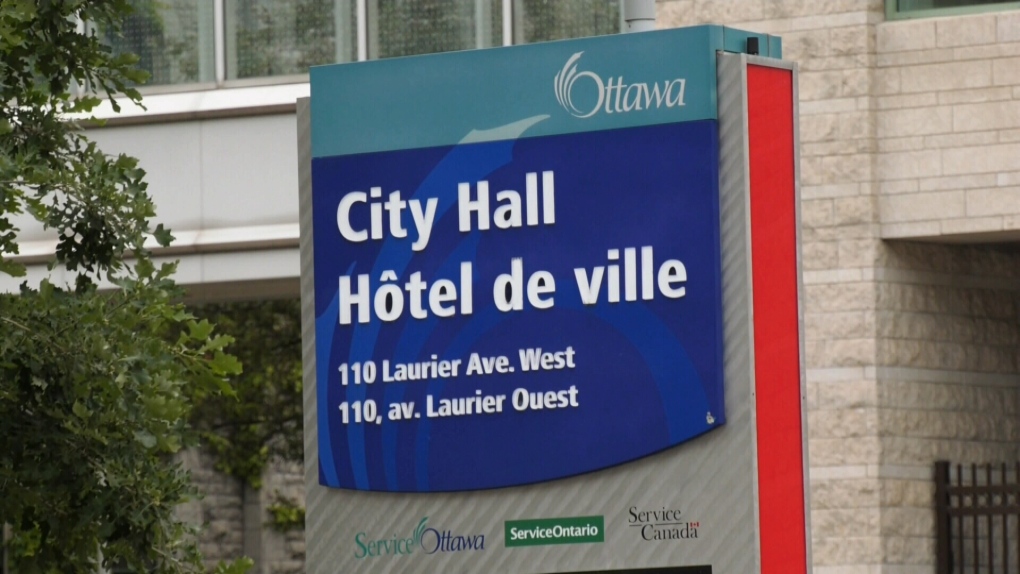
A report prepared for Ottawa’s Board of Health says it needs help from the provincial government to fill gaps in its roster of public health inspectors (PHIs) as the city population grows.
The Board of Health meets Monday, April 15, and an item on the agenda calls on the chair of the board, Coun. Catherine Kitts, to write a letter to Ontario Health Minister Sylvia Jones asking that the Ministry of Health institute permanent annual base funding for the Public Health Inspector practicum program.
The report notes that the number of facilities in Ottawa requiring inspection has grown by eight per cent in the last five years.
“As the population of Ottawa continues to grow, so does the number of facilities requiring inspection from 6,848 facilities in 2019 to 7,405 in 2024,” the report says.
Changes brought about by the COVID-19 pandemic are also having an effect, city staff say, including the shift to more home-based personal service and food businesses.
There were more than 8,000 inquiries to public health inspectors last year in Ottawa, with 3,600 requiring investigations, the report states.
Ottawa Public Health (OPH) has created 13 new permanent public health inspector positions but during a national recruitment drive last fall, only seven positions were filled. The report says there is a lot of competition for certified staff because of how they are educated.
“PHIs are certified professionals, with two training programs located in southern Ontario, Toronto Metropolitan University and Conestoga College Institute of Technology and Advanced Learning in Kitchener, which can make it difficult to recruit and retain PHIs to Ottawa,” the report says. “To become a certified PHI, you must complete a 12-week practicum which supports OPH’s recruitment and retention strategy. The search to find qualified candidates remains competitive as there is a limited inventory for PHI practicum positions across Ontario.”
Finally, certified public health inspectors must pass a board exam, which is only administered twice a year, once in the spring and once in the fall. The report says in the past two years, the Canadian Institute of Public Health Inspectors (CIPHI) has seen a pass rate of just 59 per cent, certifying only 245 inspectors across the country.
“OPH will continue recruitment efforts to fill the vacant positions and will be re-posting permanent positions in the spring once the current PHI candidates have completed their exams,” the report states.
In the meantime, OPH says it is working with the City of Ottawa to give raises to public health inspectors in the city to compare with other places in Ontario. Staff are also visiting local high schools to promote the job as a career path.
Eight public health inspectors in Ottawa were on Ontario’s “Sunshine List” in 2023, earning an average of $106,500 last year.
“The ongoing surveillance of food and water borne illness and infectious diseases, and evaluation of our approach and innovations, will allow OPH to identify, respond and adapt to new and emerging health risks, as they arise,” the report says. “Additional recruitment and retention strategies for PHIs, such as requesting ongoing funding from the Ministry of Health, and other strategies in partnership with the City of Ottawa and educational institutions will aim to ensure that OPH’s inspection program can continue to grow and stabilize in the short and long term.”